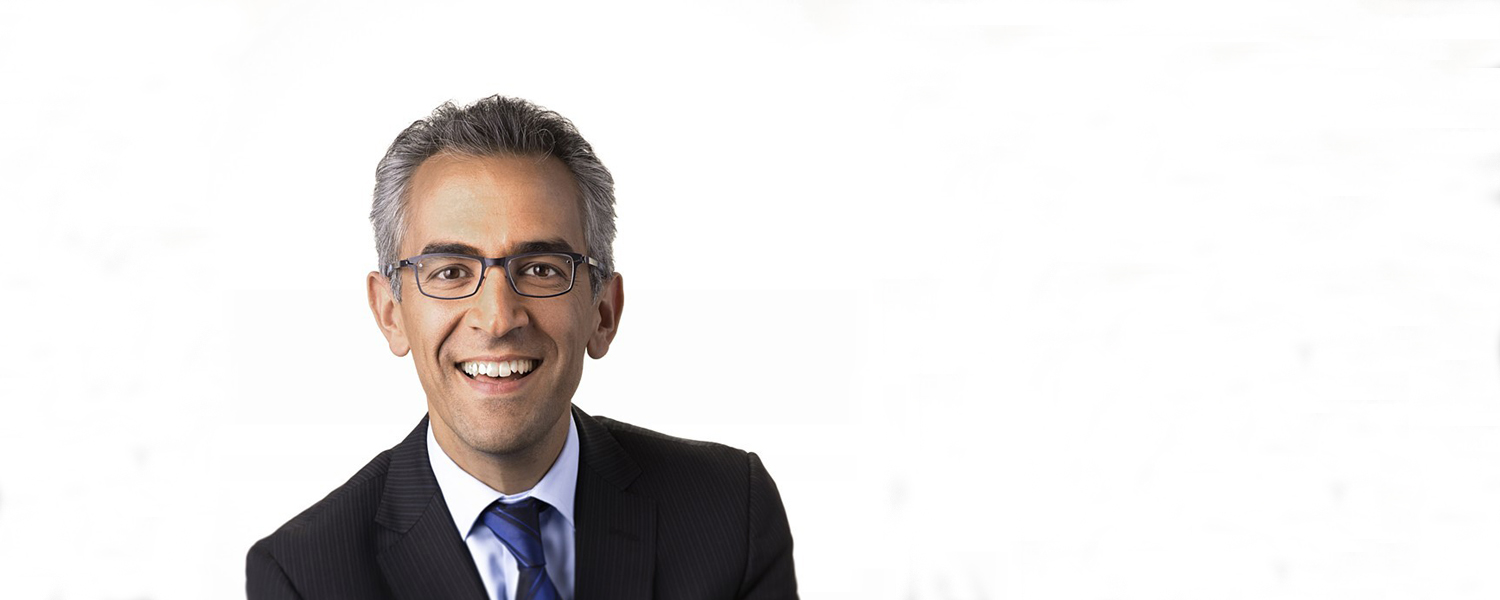
Richard Wolffe
Current Events, Global Affairs, Globalization, Journalism, Politics / Government, Politics & Current Events
Travels from New York, USA
Richard Wolffe's speaking fee falls
within range:
$10,000 to $15,000
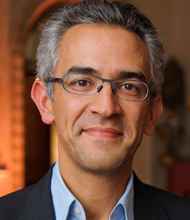
Have you seen Richard speak? Leave a review.
Richard Wolffe Profile
A veteran reporter for influential publications such as Newsweek and The Financial Times, Richard Wolffe is among the handful of foreign journalists who have made a name for themselves in the world of Washington politics. The MSNBC analyst is one of the select few who have covered Barack Obama’s national political career from the earliest days when most political analysts considered the idea of an Obama presidency improbable at best.
A graduate of Oxford in English and French literature, Wolffe launched his media career as financial and political reporter for the United Kingdom’s prestigious Financial Times. After four years of domestic coverage, he received the honor of becoming the newspaper’s U.S. foreign correspondent, placing him in the country just in time to report on such major stories as George W. Bush’s presidential campaign and the historic Microsoft Antitrust trial.
As an independent journalist, Wolffe has written several best selling and impactful investigative books. In the 1990s his coauthored work, The Victims’ Fortune drew public awareness to the legal action on two continents leading to European banks and German and Austrian companies paying billions of dollars in compensation to Nazi victims. His books on the Obama campaign and White house have shed light on Obama’s legacy, recording exclusive information on the behind-the-scenes events of his campaign and administration.
Wolffe served as the Vice President and Executive Editor of MSNBC.com, which he helped build from the ground up. He is currently the chief digital and marketing officer of Global Citizen, which under his watch has turned into “the BuzzFeed of Social Activism.” His insights and analyses can be read in his regular column for The Guardian.
- View Extended/Alternate Bio
Richard Wolffe is a New York Times bestselling author, former Executive Editor of msnbc.com, and a political analyst on msnbc television. He covered the entire length of Barack Obama’s presidential campaign for Newsweek magazine, traveling with the candidate and his inner circle from his announcement through election day, 21 months later.
His book about the Obama campaign, Renegade: The Making of a President became an instant bestseller. His latest book is The Message: The Reselling of President Obama.
Wolffe appears frequently on many MSNBC shows, including Morning Joe, Politics Nation and The Last Word. On NBC, he has been a political commentator on Meet The Press and Today.
Wolffe began writing about American politics as a senior journalist at the Financial Times, serving as its deputy bureau chief and U.S. diplomatic correspondent in Washington D.C. In that capacity, he managed coverage of business and political affairs in the nation’s capital, and reported on U.S. foreign policy at the State Department and National Security Council.
He first started reporting on George W. Bush and his Texas team in 1999, at the start of the presidential campaign. He travelled with then-Governor Bush for more than a year, through the extraordinary election of 2000.
His earlier work for the Financial Times included extensive coverage of the Microsoft antitrust trial and the Clinton administration’s plans to break up the company. His reporting and writing on regulatory and business issues in Washington included covering the Treasury Department, the Federal Trade Commission, the Securities and Exchange Commission, and the Commodity Futures Trading Commission.
Wolffe spent eight years with the Financial Times including four years in the United Kingdom. His business work there included financial reporting in the City of London, investment management and financial advisory firms, and the manufacturing sector in the British heartland. In politics, he reported on the tumultuous period leading to Tony Blair’s landslide victory in 1997.
He joined Newsweek magazine in November 2002 as diplomatic correspondent, covering foreign policy and international affairs. In the 2004 presidential election, he covered the chaotic Howard Dean campaign before switching to John Kerry’s campaign.
As Newsweek’s senior White House correspondent, his cover stories included What He Believes (on Obama’s faith) Black & White (about Obama and racial politics), Bush In The Bubble (about the president after Hurricane Katrina) and Weight of the World (the behind-the-scenes story of how Bush handled the Lebanon war).
Wolffe is the co-author of The Victim’s Fortune, (HarperCollins), which reveals the behind-the-scenes deals that led to billions of dollars in compensation to the Nazis’ victims in the late 1990s. His reporting for the book covered major European companies such as Deutsche Bank, Daimler and Société Générale. It also encompassed government officials across Europe and the United States, and several high-profile class action lawyers.
His next book was in an entirely different field: he is co-author of a Spanish cookbook, Tapas: A Taste of Spain in America, published by Clarkson Potter. He co-wrote a follow-up book Made in Spain, and a 26-part TV show of the same name for PBS television. He has also written for food magazines such as Food Arts and Food and Wine.
Wolffe’s movie career has been mercifully brief. He made a cameo appearance interviewing Jim Carrey in the otherwise hilarious The Incredible Burt Wonderstone. Less amusingly, he is featured prominently in the HBO documentary on the Obama campaign, By the People, and played a leading role in the HBO documentary of the 2000 Bush campaign, Journeys with George.
Born in Birmingham, England, Wolffe graduated from Oxford University with first-class honors in English and French. He lives with his wife and their three children in New York.


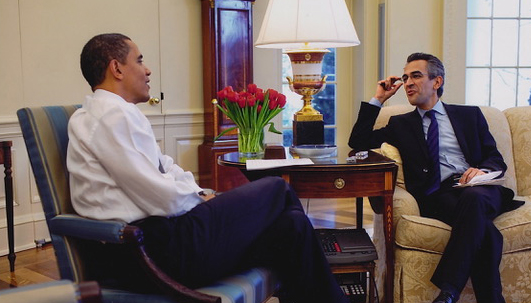

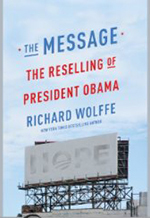
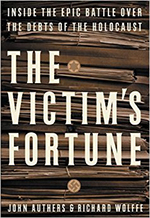
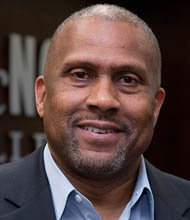
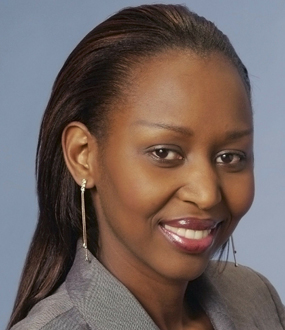
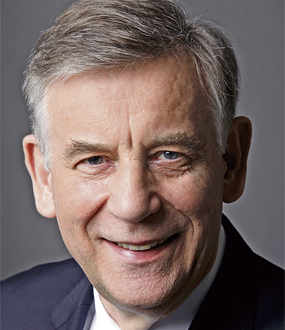


Have You Seen this Speaker? Leave a Star Rating.